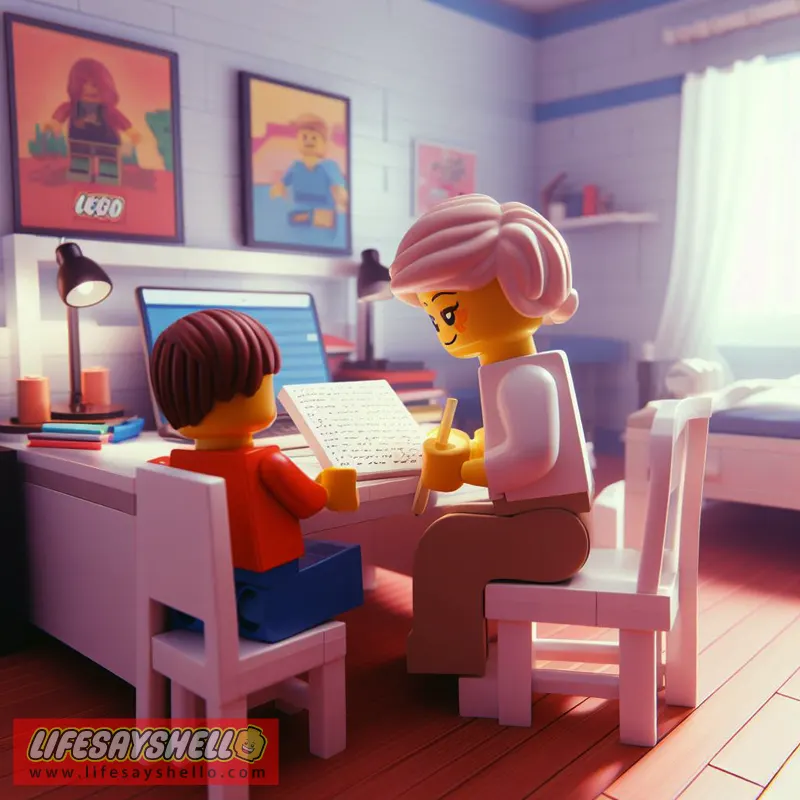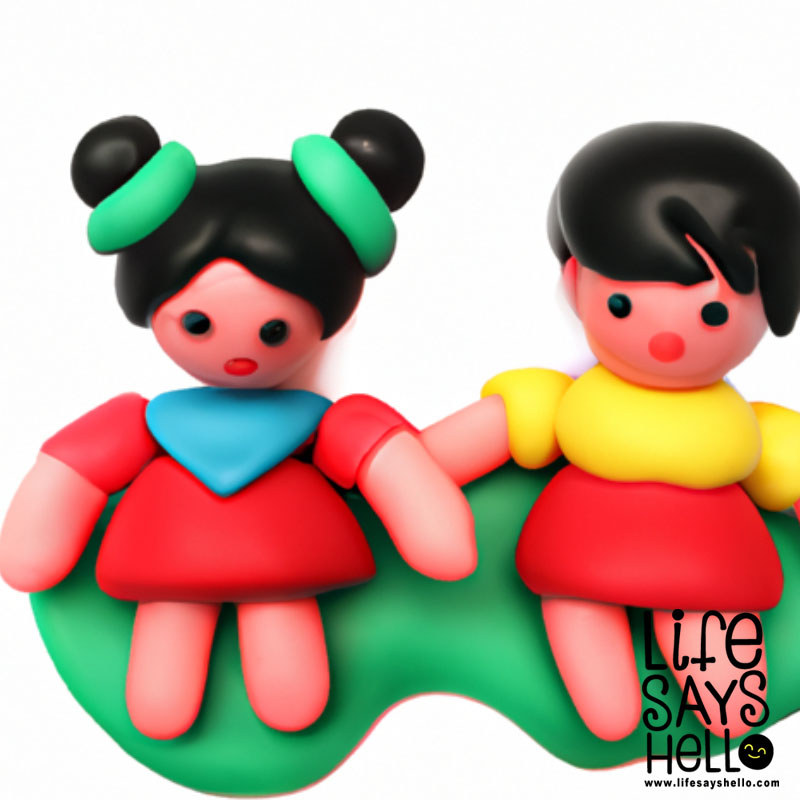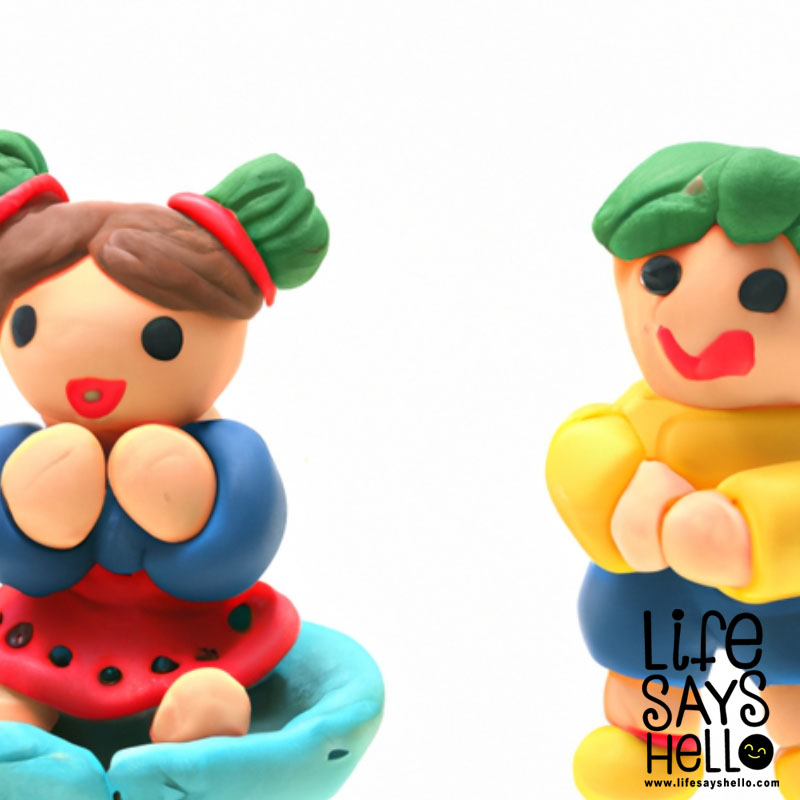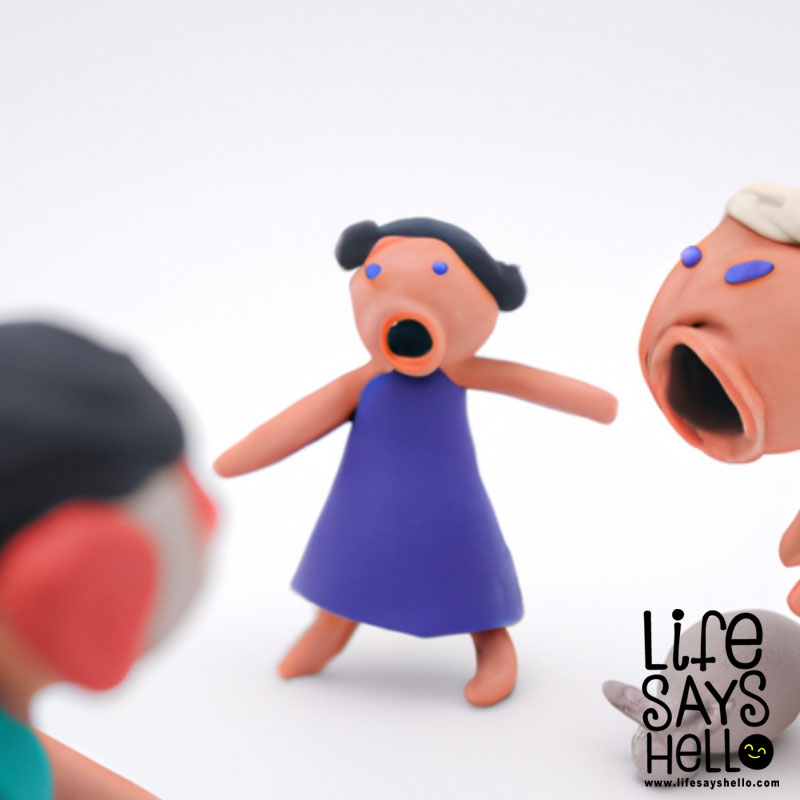How to Discipline Your Child: 10 Smart Tips for Positive Parenting

Disciplining your child is one of the most important, and often most challenging, parts of parenting. But research shows that positive discipline focused on teaching good behavior is the most effective approach. In this complete guide, we’ll share 10 expert tips to help you discipline your child in a way that’s smart, healthy, and designed to raise happy, well-behaved kids.
Effective discipline starts with teaching, not punishment. As pediatricians point out, discipline comes from the Latin word for “teaching” - it’s about guiding children to manage their behavior and promoting their healthy development. Positive discipline strategies reinforce good behaviors while discouraging misbehavior, without harming the child’s self-esteem or damaging the parent-child relationship through harsh punishments.
When used consistently, positive discipline leads to better behavior both short and long-term. Children learn to regulate themselves, build self-esteem, and develop the skills needed to succeed in life. Research shows it decreases aggression, anxiety, and depression in kids while improving school performance. Positive discipline takes patience and effort, but the rewards are immense for your child’s future.
Show and Tell: Model Good Behavior
As they say, actions speak louder than words. If you want to teach your child how to behave, step one is modeling that behavior yourself. Live the values of respect, responsibility, honesty, and kindness that you want to instill in your kids. Speak to your child and others with calm words and a polite tone. Your children are always watching and learning from your example.
Explain right and wrong through calm conversation. Get on your child’s level, make eye contact, and patiently talk through any behavior issues. Listen to their perspective too - understanding why they did something is key to teaching them properly. Stay calm and consistent in setting expectations.
Use Positive Reinforcement
When your child demonstrates good behavior, make sure to reinforce it with praise and rewards. Positive reinforcement is incredibly powerful for encouraging discipline. Compliment them on sharing with friends or getting ready for school on time. Let them know specifically what they did well.
Small rewards or treats can also reinforce discipline. Something like a fun evening activity or dessert for finishing chores works well. Just be sure to reward good behavior consistently. You want to set up clear expectations that good behavior reaps positive results.
Set Clear Expectations
Children thrive on routines with consistent expectations. Set some basic rules that the whole family follows, like no hitting or yelling, being kind, picking up after themselves, and getting ready for bed on time. Make sure to explain rules in simple, age-appropriate ways.
Having children do regular chores appropriate for their age teaches discipline and responsibility. Rotate through daily tasks like taking out trash, wiping counters, folding laundry, or caring for pets. Use checklists, timers, and rewards to motivate kids in building chore habits.
When directing your child, give clear step-by-step instructions. For example, break down tidying their room into small tasks like putting dirty clothes in the hamper, making their bed, and putting toys away. Too many complex directions can get overwhelming.
Redirect and Distract
Sometimes the most effective discipline strategy is distraction or redirecting your child’s attention. If they are starting to get rowdy or misbehave, change up the environment or activity. Put on music for a dance party, suggest a craft or puzzle, or move outside for some fresh air.
Redirecting works especially well for younger toddlers. Point them towards a new toy or book when they get into things they shouldn’t. Distracting with something novel can help redirect their energy.
Use Calm, Logical Consequences
When laying down discipline, set consequences that are logically connected to the behavior and delivered with calm detachment. For example, if your child refuses to put their toys away, the logical consequence is taking the toys away for the rest of the day.
The key is proportionality - the consequence should fit the behavior. Avoid harsh overreactions or unrelated threats of punishment. And absolutely never use physical discipline like spanking, which has been proven ineffective and harmful.
Deliver consequences calmly and matter-of-factly. Getting upset or lecturing can disrupt discipline. Stick to your rules and follow through consistently so kids understand you mean business. They will learn to take responsibility for their actions.
Pick Your Battles
As a parent, you have to decide which discipline issues are worth enforcing and which aren’t a big deal in the grand scheme. Try your best to pick your battles wisely.
For everyday antics like messy rooms or loud voices, you may choose to let some things slide to avoid constant nagging. Focus discipline on the behaviors that really matter - things like hitting, lying, or disrespect.
Make an effort to praise good behavior more than punishing bad behavior. Positive reinforcement encourages discipline much better than anger or threats. Catch your child making good choices and let them know you noticed.
Catch Them Being Good
The most effective discipline strategy of all is reinforcing good behavior by paying attention to it. When you catch your child doing things you want them to do, shower them with praise and encouragement.
See them sharing a toy? Say “Great job sharing! I’m so proud of you.” Notice them getting ready for bed on time? Give them a high five and let them know how responsible they’re being. This positive feedback makes them feel good about themselves and motivates them to continue behaving well.
Have Patience
Disciplining children takes immense patience and consistency. Some days will test your limits. But remember, teaching discipline is a marathon, not a sprint. Kids can take a long time to learn self-control.
Stay calm and stick to your approach. With time and maturity, they will get there. And your hard work will pay off when you have polite, responsible, well-behaved kids.
Focus on Teaching
Ultimately, effective discipline is not about yelling, threats, or force - it’s about calmly teaching kids how you want them to behave. Stay in a teaching mindset. Your child wants to learn, they just need patient guidance.
Make sure your relationship maintains warmth, empathy, and trust. Discipline should bring you closer together, not push you apart. If kids feel connected to you, they are far more motivated to behave well and make you proud.
With the right mix of clear expectations, patient teaching, and lots of love, you will discipline your kids in a way that helps them be their best selves now and into the future. While not always easy, positive discipline pays off immensely in raising happy, confident, responsible children.




Comments